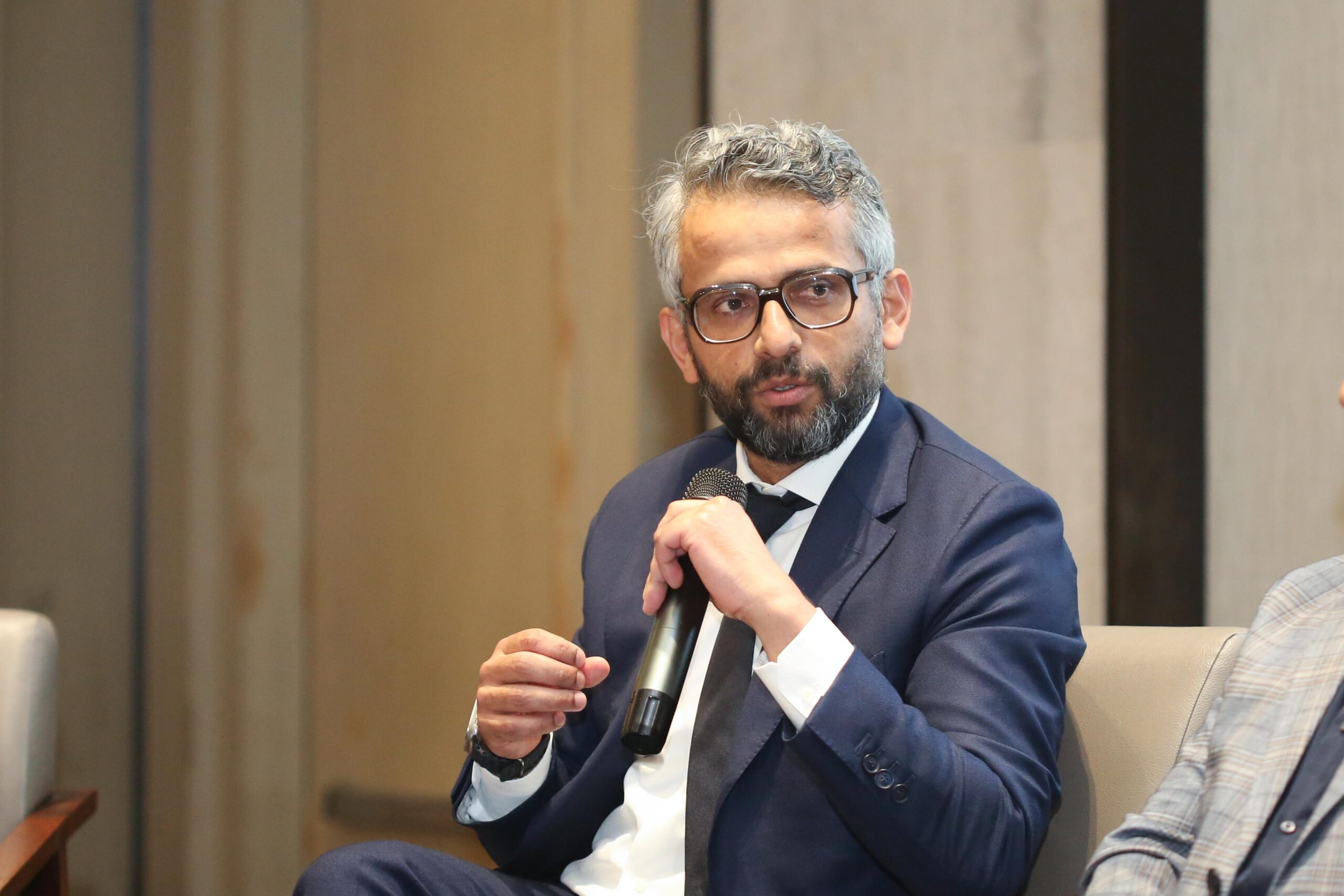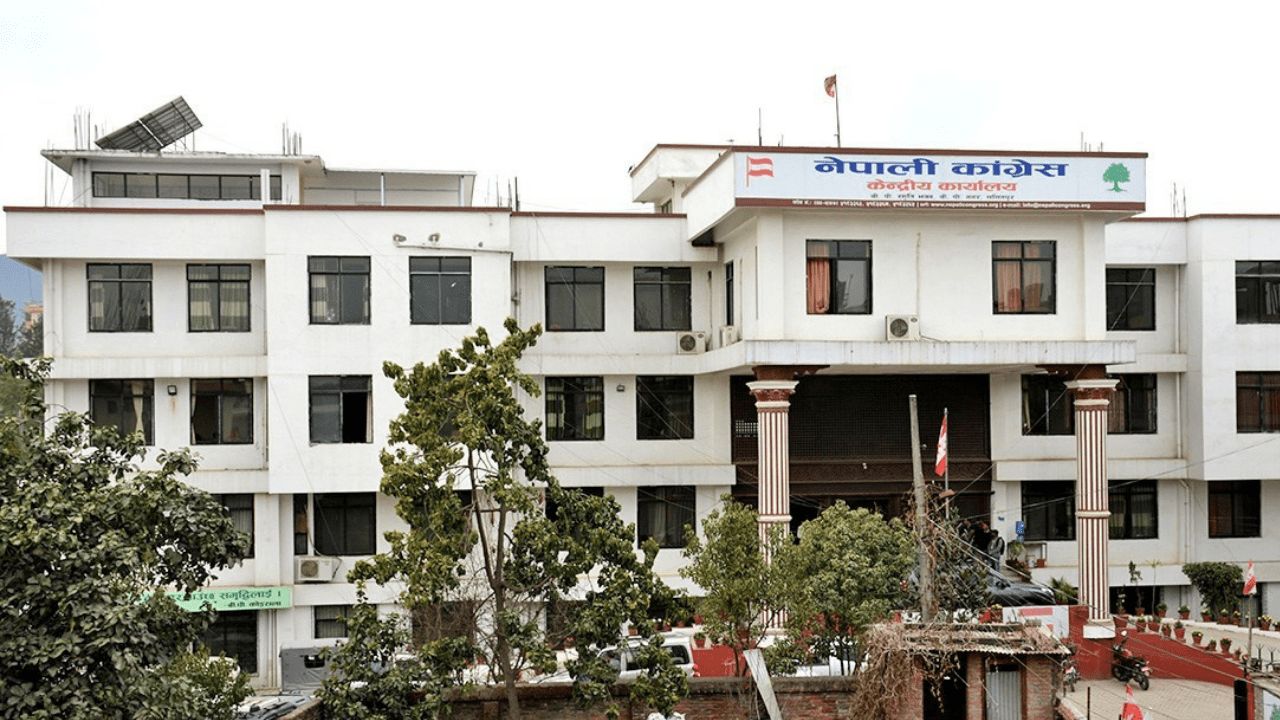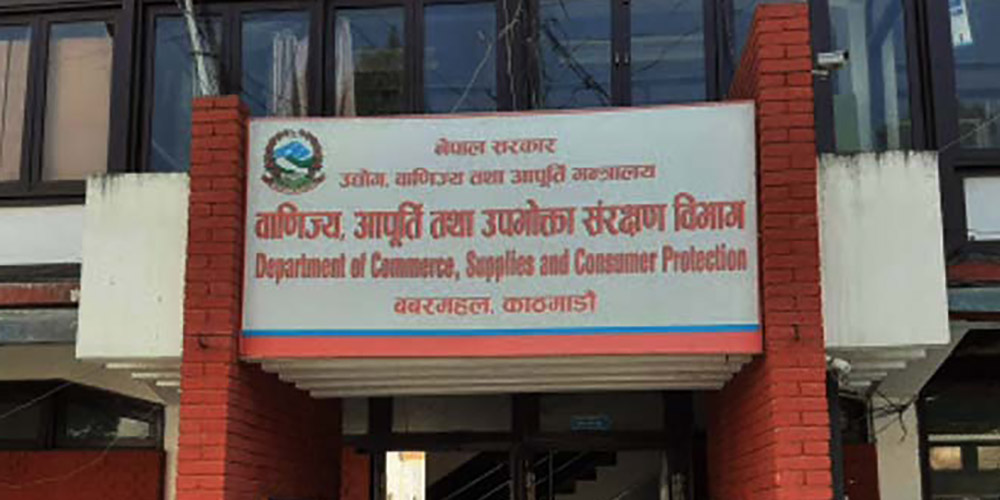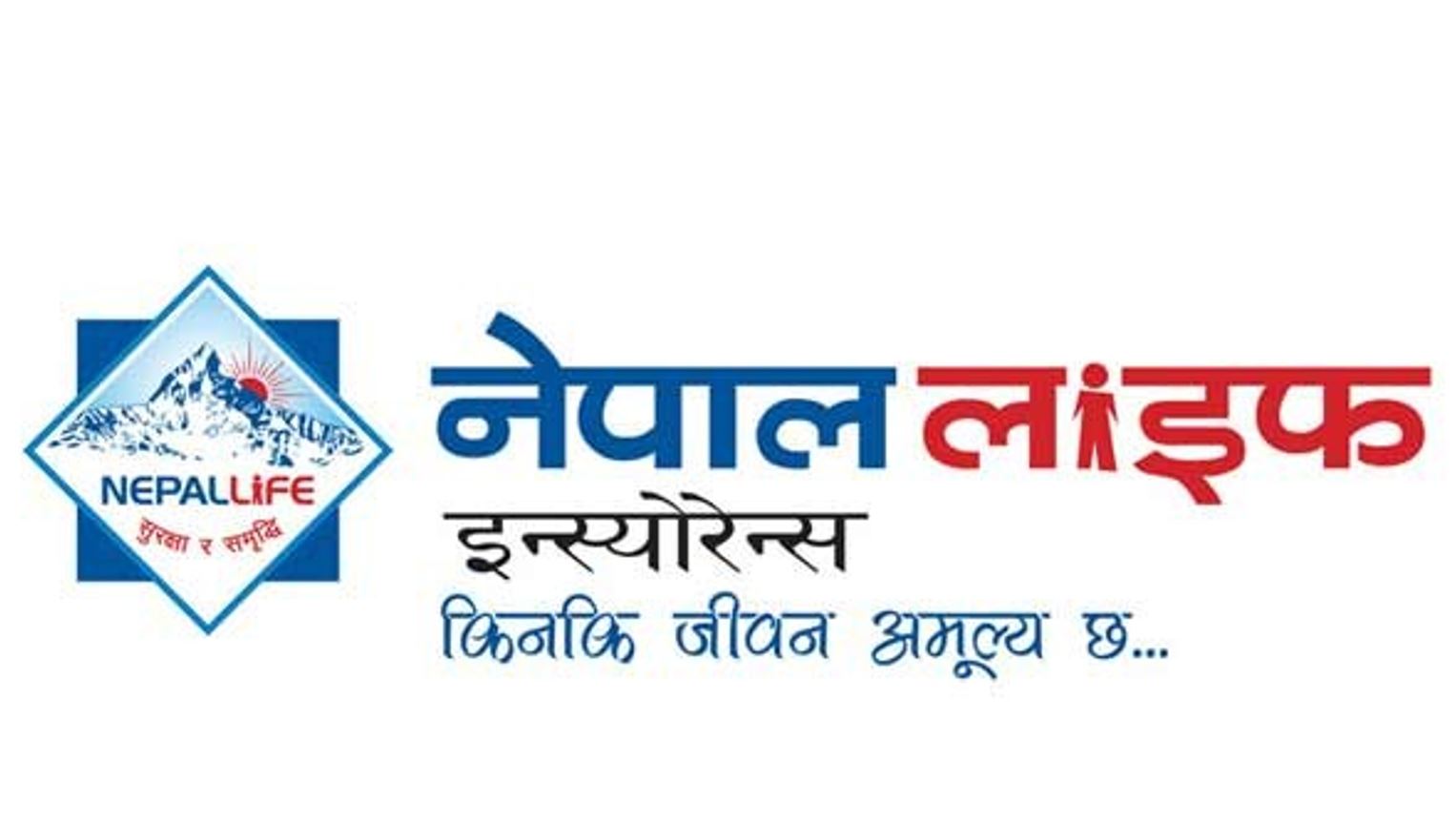Kathmandu. Economist Dr. Dr Samir Khatiwada has stressed the need for autonomy in the central bank’s work.
He was speaking at a pre-monetary policy discussion organised by the Society of Economic Journalists of Nepal (SEJON). On the occasion, he said that the central bank’s main task is to control price rise, so in some cases there is a contradiction with the finance policy.
He suggested that rastra bank should focus more on formalizing the informal economy through interest rate, inflation and foreign exchange management and finance policy through monetary policy. Khatiwada said that the issues facing problems in the balance of banks, financial institutions and private sector businesses should be taken seriously.
Economist Dr. Menuka Karki said that the monetary policy arrangements have not been made to coordinate the finance policy and a situation has been created to rely more on monetary policy to improve the economy. “When there is an expansionary monetary policy, the finance policy should also be able to come in an expansionary manner, but the finance policy seems to be narrow,” Karki said.
He was of the view that the expansion of private sector credit should be seen through monetary policy and not through finance policy. Similarly, he suggested that instead of expanding loans based on real estate collateral, the flow of loans based on business should be promoted. According to Karki, there has been a problem in the real estate sector due to the stoppage of allotment of land and this has also not increased the credit expansion.
Former Chief Secretary. Baikuntha Aryal said that the government has always claimed that it has brought expansionary finance policy. He, however, said that the private sector is facing more problems due to lack of policy stability. “The government always says that it has brought reform-oriented and expansion-oriented finance policy, such as increasing the scope of tax rate, monetary policy should support the path taken by the finance policy to increase production productivity, but we did not have policy stability,” aryal said.
He said that the finance policy would create an environment for investment and the government itself was also the largest spending body, so if the government’s expenditure increases, the market will move and revenue will also increase. Stating that the budget for the upcoming fiscal year has been relaxed, he stressed the need for the monetary policy to support it.
On the occasion, Former President of Federation of Nepalese Chambers of Commerce and Industry (FNCCI) Shekhar Golchha stressed the need to boost the morale of the private sector through the monetary policy for the upcoming fiscal year.
President of Nepal Bankers’ Association Santosh Koirala said it was imperative to establish asset management company as an empowered and powerful body. “Now the banks themselves are working as a property management company and we need a property management company as a powerful body when the bank alone has not been able to solve the problem,” he said.
Chairman of CIBIFIN Upendra Prasad Poudel said that the current problem should be solved through joint efforts of banks, private sector, Rastra Bank and the government as soon as there is a problem in the banking sector.




















प्रतिक्रिया दिनुहोस्